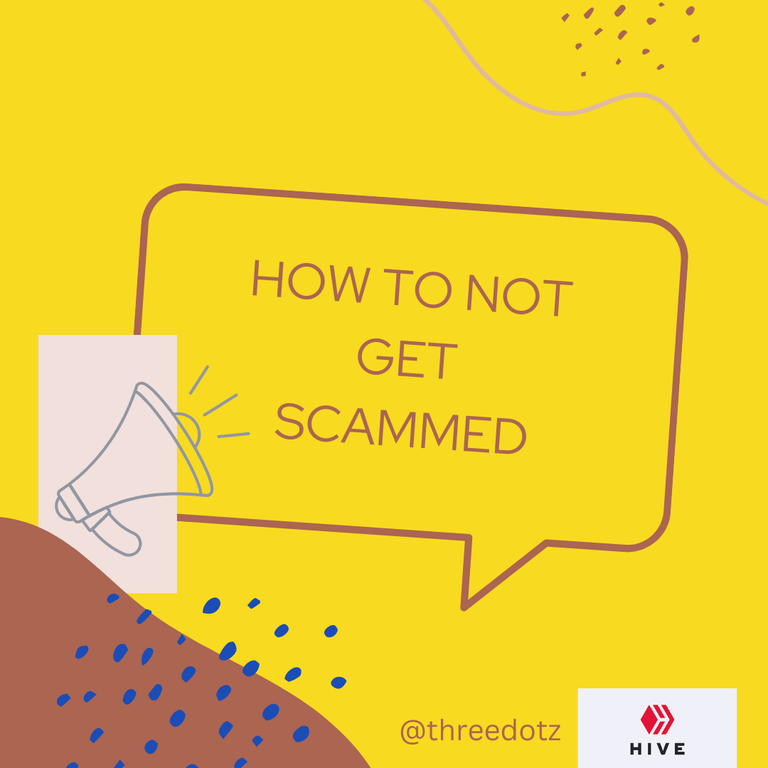
Scams have become very popular methods of stealing nowadays. There are many forms in which this happens, such as dating and romantic scams where a lover asks for money to settle some really important challenge(s) and then disappears. Another form is investment scams, and it's really unfortunate how many people tend to fall for these. There are many scams out there and many tricks employed by these scammers, one of which is debit card theft at ATM machines in my state. Someone usually comes to help an elderly individual who's having difficulty operating the ATM and offers to assist them with their transactions. The unsuspecting person gives all their information and waits for their cash, but many times the card is either declined or seized by the ATM after a few deliberate wrong attempts. The young person who offers to help would now encourage the elderly person to go into the bank and apply to get their card returned, and then leaves. While the elderly person is trying to get their seized card back, they begin to receive debit alerts from their card. That's when it hits them that the person who offered to help actually swapped cards with them and has disappeared.
Similar to the story above, there are numerous alternative methods of theft and fraudulent schemes that may not receive as much attention as the familiar ones we frequently encounter. These are precisely the ones that demand our utmost vigilance. Scammers continuously refine their abilities and artistry, making it challenging to discern an unfamiliar scam. Nevertheless, it is crucial to emphasize several warning signs that should be recognized in order to evade falling victim to scams.
If you feel pressured to buy, sign, or provide confidential information, then it's most probably a scammer. Your bank will not suddenly decide to change policies and need your card PIN.
The stories don't add up. Take a moment to calm down and listen to why there's an exception for you, and question why it is happening to you. You can't suddenly win a lottery you didn't participate in or sign up for.
Guard your card details with your life, not every transaction online is safe. Make sure you trust a website before you make a purchase.
Google is your friend. Recently, some individuals tried to sell a fake product to someone else, but fortunately, this person, who had never heard of the product, decided to look it up. It was only listed on a questionable website, and the original product they wanted to imitate sold for far less than what they made him believe.
There are many more red flags, but these are a few that come to mind. The most powerful tool is to listen to your intuition and be cautious online. Trust no one online.
